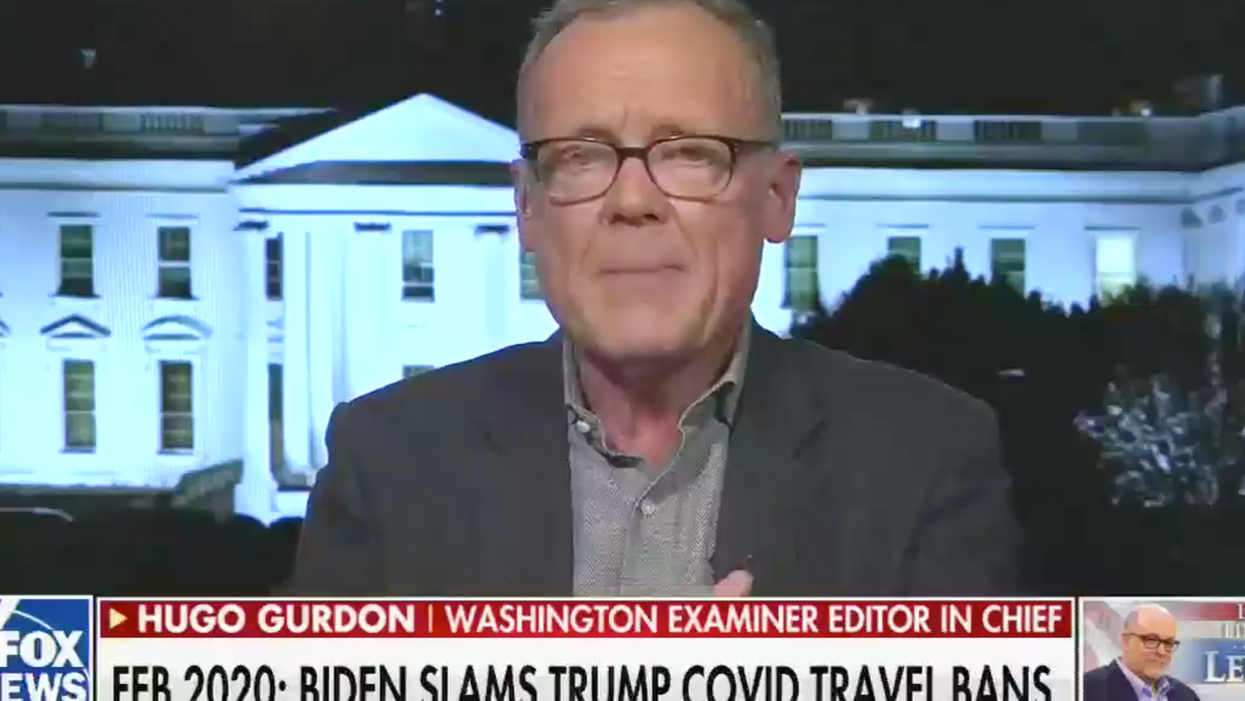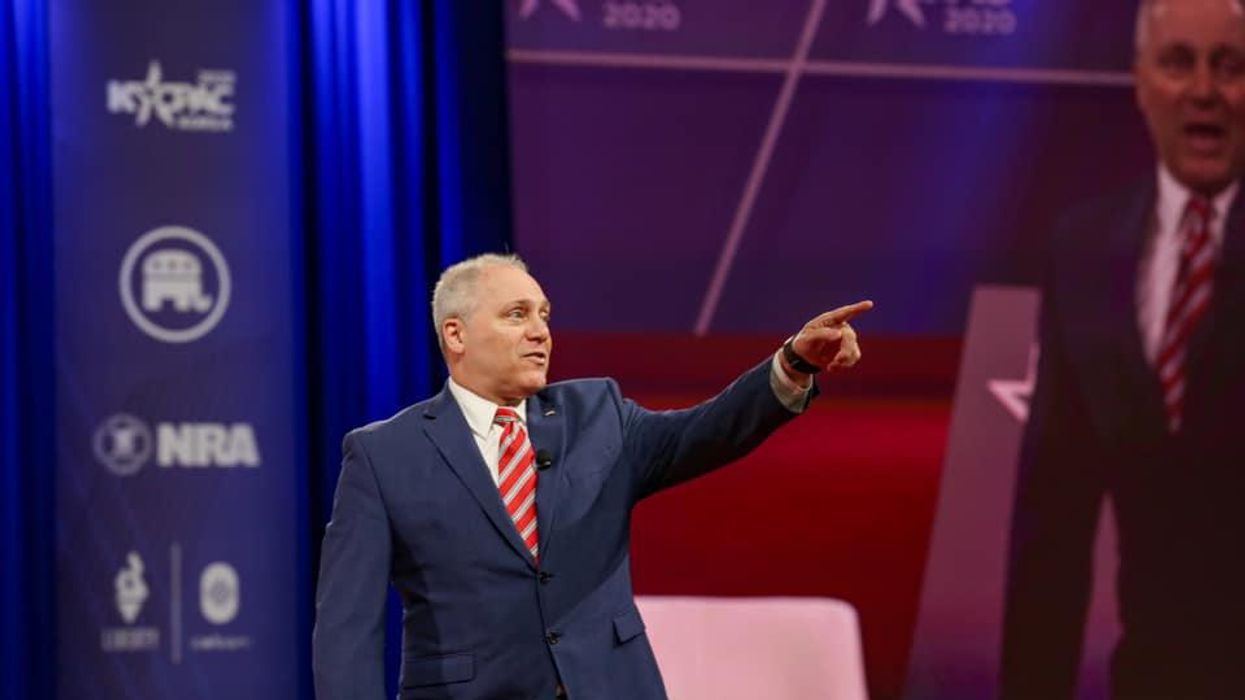Fox Sabotaged Vaccination Campaign But Blames Biden For Low Vaccine Uptake
Reprinted with permission from Media Matters
In a monumental display of hypocrisy on Sunday, a Fox News anchor and his guest attacked President Joe Biden for the fact that America’s vaccination rate against COVID-19 is too low.
“This year we have lost more people in this country to COVID than we did during the first year of the pandemic, when Donald Trump was president — and now we have the vaccines,” anchor Jon Scott said.
Hugo Gurdon, editor-in-chief of the Washington Examiner, further pointed out that “the vaccination rate is only 58 percent here, considerably lower than in other places. So [Biden] hasn't got his arms around it.”
But Fox News itself has undermined the Biden administration’s vaccination campaign relentlessly, running at least one claim that undermined vaccines nearly every day in a six-month period. At the same time, the company has implemented its own stringent health policies, including vaccination and testing mandates and masking at company offices — even as the network has elevated those who refuse the vaccine in other places into culture war heroes, calling for Americans to “fight back.”
Considering that the company is now attacking Biden for his supposed failure to get the whole country vaccinated, it can no longer be denied that the network’s anti-vaccine campaigning is part of a deliberate campaign of political sabotage — even if this could potentially damage its own viewers’ health. (Fox News viewers, meanwhile, have become visibly angry at the few network personalities who encourage vaccination.)
On Sunday’s edition of Fox Report with Jon Scott, the anchor and his guest accused Biden of hypocrisy for implementing travel restrictions on South Africa after that country had identified the new omicron variant of COVID-19. As the conversation progressed, Scott and Gurdon accused Biden of having over-promised the extent to which the country would become vaccinated — ignoring the extent to which the network’s opinion commentators and purported “straight news” anchors have baselessly spread fears about the vaccines.
Upon further thought, the two concluded that Biden could not be specifically blamed “if people don't want to get the vaccine,” but Gurdon insisted that the president still should not have claimed the U.S. would reach his goal of 70% of the population being vaccinated.
As for figuring out whom to blame for continued vaccine hesitancy, though, perhaps they should try watching more Fox News programming, in which the Food and Drug Administration’s approval of the Pfizer vaccine for people over age 16 was treated as bad news, and since then vaccinations for children have been relentlessly propagandized against. And in the wake of the omicron variant having been identified, the network’s anti-vaccine misinformation from its hosts and guests still isn’t stopping.




